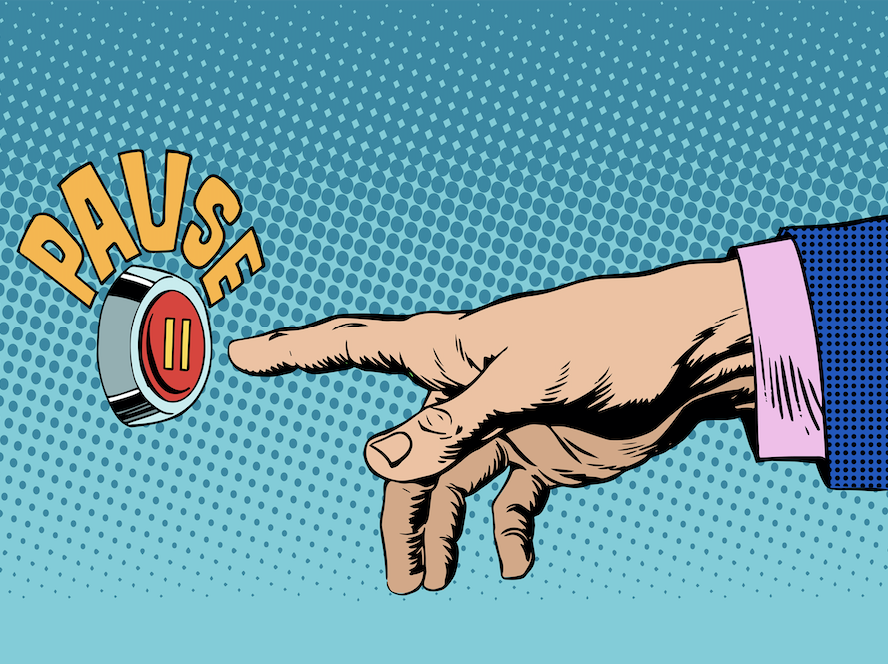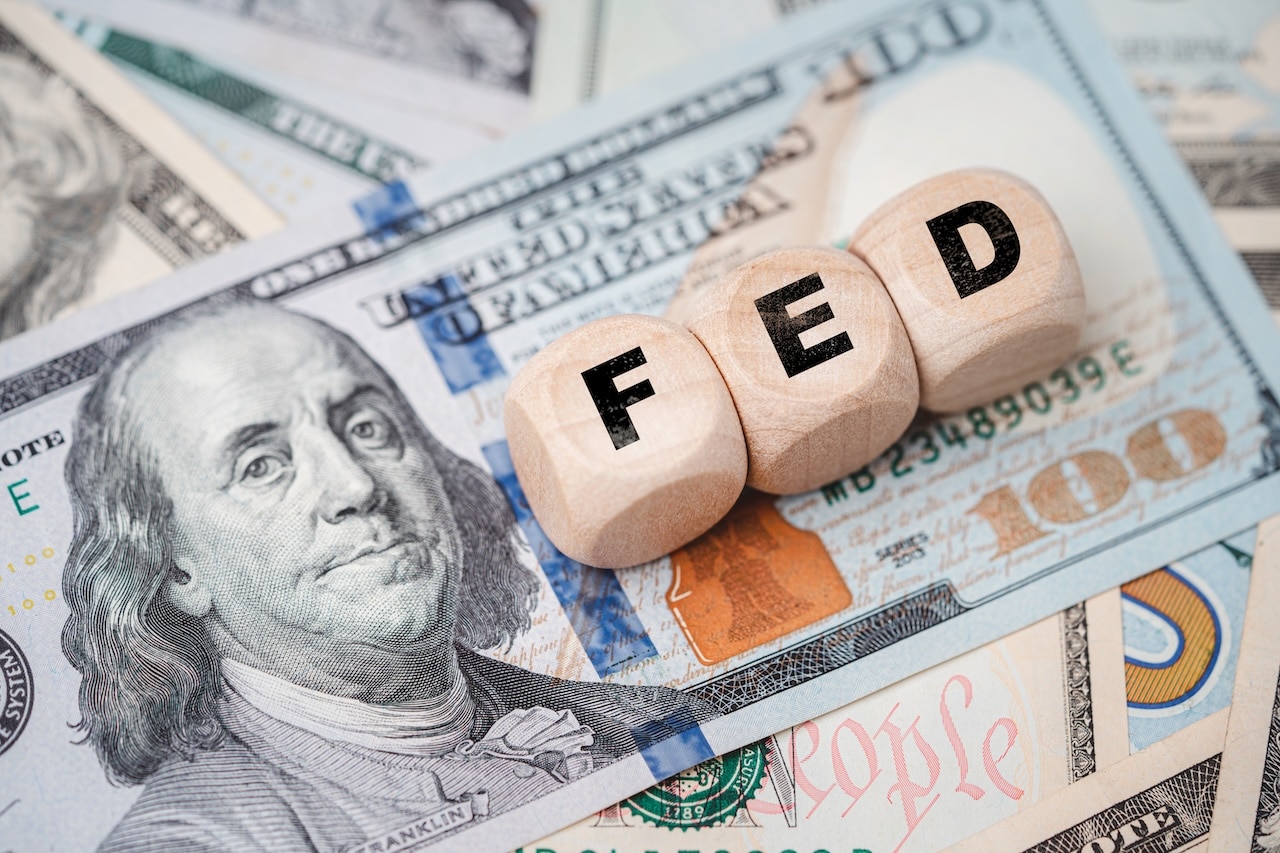Summary
- A forbearance agreement does not forgive your payments. Rather, it suspends your payments for a certain amount of time before you will need to pay it all back.
- If you can afford to make payments, then you should pay what you owe each month.
- Forbearance should not have a negative impact on your credit score.
You may have heard the term “forbearance” quite a bit recently, especially since the pandemic started. Student loan forbearance was built into the CARES Act and other relief programs, and many banks and lenders have been offering forbearance programs to those that qualify.
Are you thinking about forbearance for your mortgage, car loan, student loan or any other loan? Here’s how you can decide if forbearance is best for you and your financial situation.
What is forbearance?
A forbearance agreement allows you to pause payments on a loan without any penalties. These are most commonly used in situations when you cannot afford to make a monthly payment, such as after losing a job or other unexpected financial circumstances.
A forbearance agreement typically does not go longer than a year. And, the interest sometimes accrues during this time period and needs to be paid as well.
However, when the forbearance period expires, you are expected to pay the suspended payments in addition to resuming regular monthly payments. It’s like kicking the can down the road. You may not have to worry about the payments in the short term, but eventually you’ll have to address it.
How can forbearance help you save money?
Forbearance can be a helpful option if you are unable to make your regular monthly payments. Not only does this help relieve some extra money for you during the month for necessities or other bills, but it can also help protect your credit score because the “paused payments” are not considered “missed payments.”
If you can afford to make your loan payments, you should pay them. It may be tempting to save that money in the short term, but you will have to make up the difference in the long run.
Make sure you understand your repayment plan
It’s important to make sure you completely understand your repayment plan with your lender before you accept a forbearance agreement.
Some lenders may prefer that you pay the paused payments in one lump sum once the forbearance expires. However, this type of repayment may only make sense if you are able to get back on your feet pretty quickly or able to save up during the forbearance period.
In most cases, it’s better to negotiate tacking the forbearance payments at the end of the loan’s life or pay more each month moving forward, until you’re caught up.
For those who have a forbearance agreement with their lender under the CARES Act, which was put in place because of COVID-19, the federal government is not allowing lenders to ask borrowers for the missed payments to be paid in one lump sum.
It’s important to note that if you have any issue in making your monthly payments now or in the future, you should not simply stop making payments. It’s best to contact your lender and see what payment options they can offer you that would work for your circumstances.
What other options are available?
Another option instead of forbearance is to ask your lender for a modification. While a forbearance will suspend or reduce your payments for a specific time period, a modification can reduce your monthly payments through the life of the loan to make the payments more affordable. The modification may involve extending the life of the loan or reducing the interest rate. In order to be eligible for a loan modification, your lender may ask if you are either at risk of missing payments or already in default.
Does forbearance affect your credit score?
Your lender may or may not report the forbearance to the credit bureaus. However, a forbearance agreement should not affect your credit score. A missed payment will negatively affect your credit score, but a forbearance can help prevent missed payments or foreclosure, both of which could lead to a significant drop in points on your credit score.
If you are struggling to make your payments on time or at all, contact your lender before you miss a payment to learn what options you have and to keep your credit score from being penalized. And don’t forget to check your credit score often at CreditSesame.




















